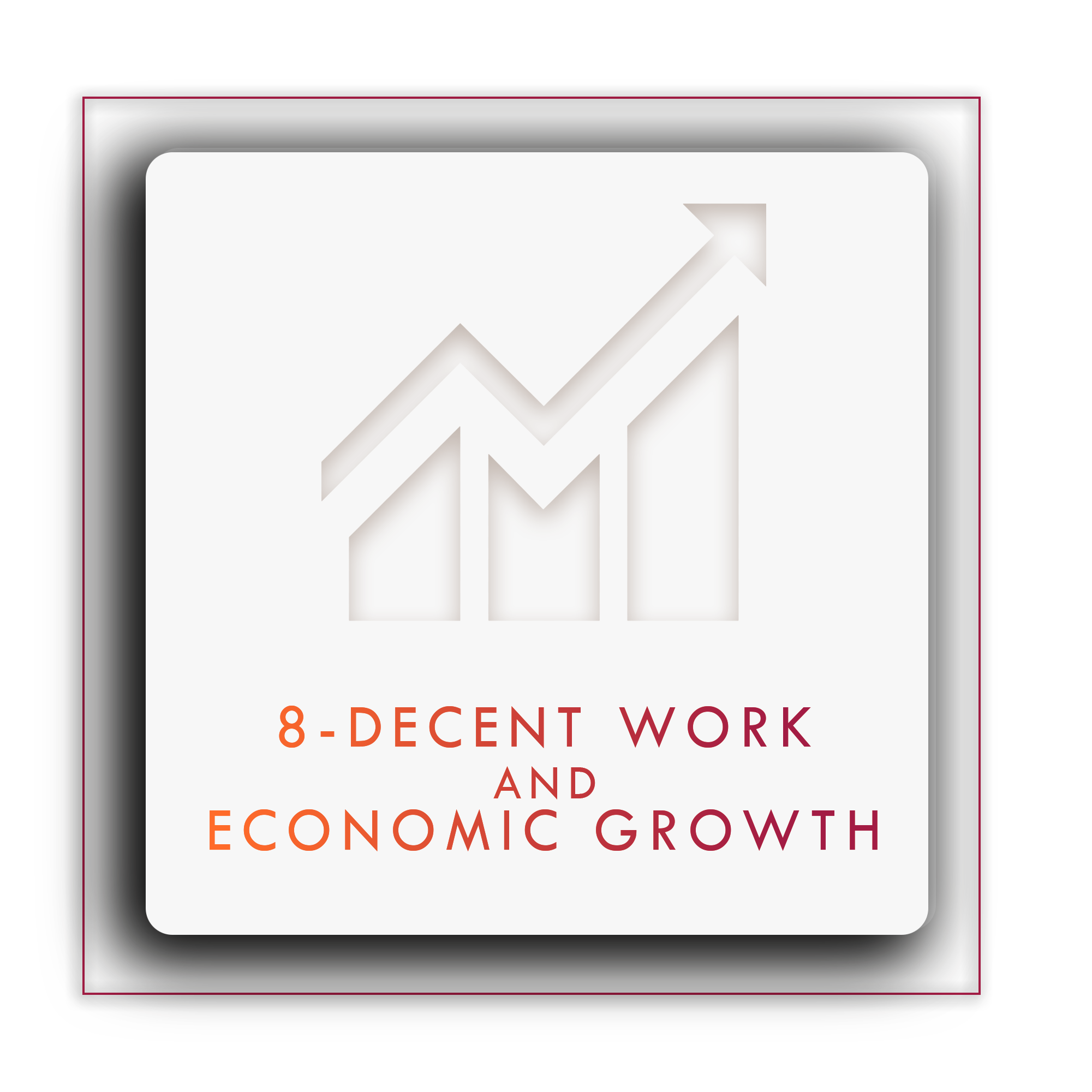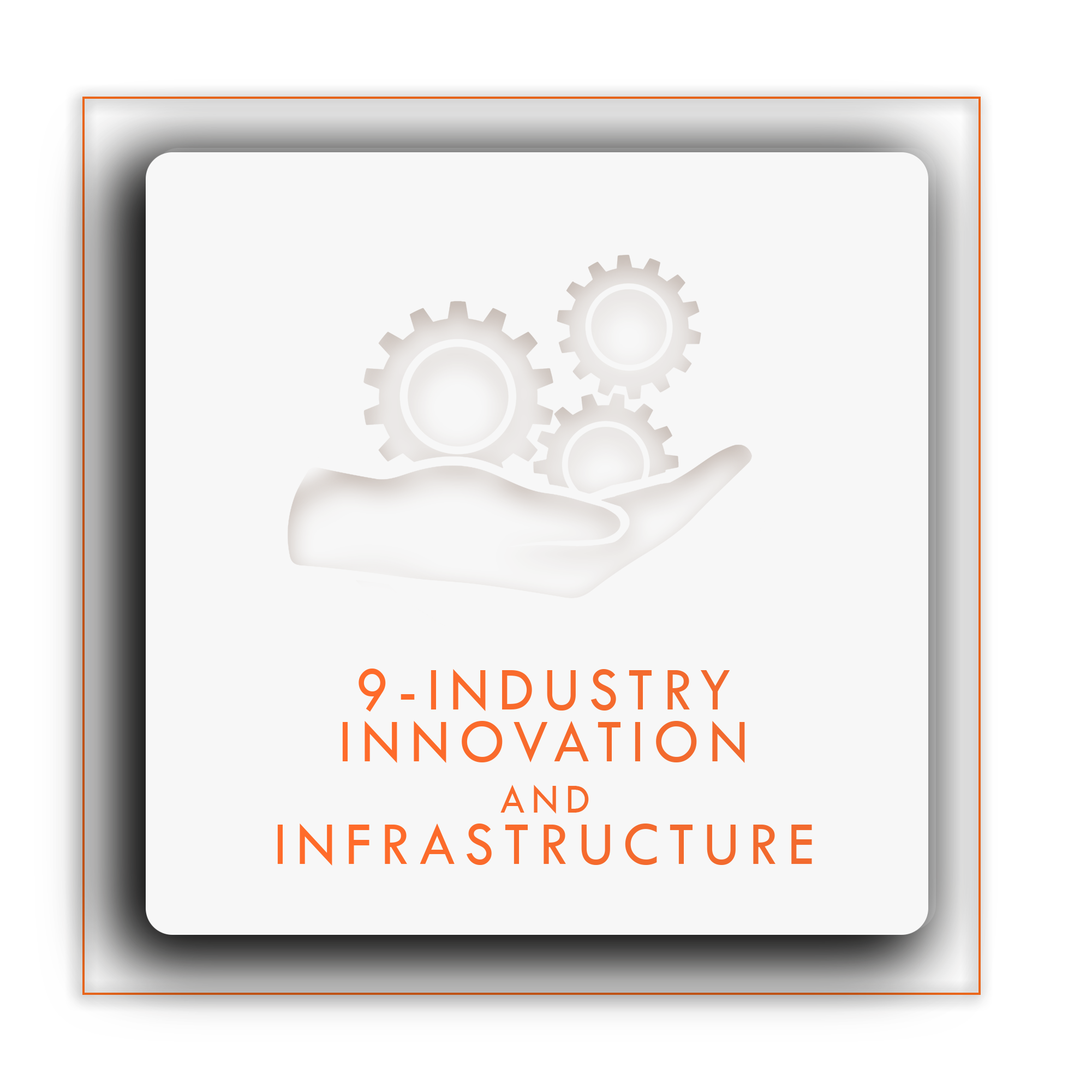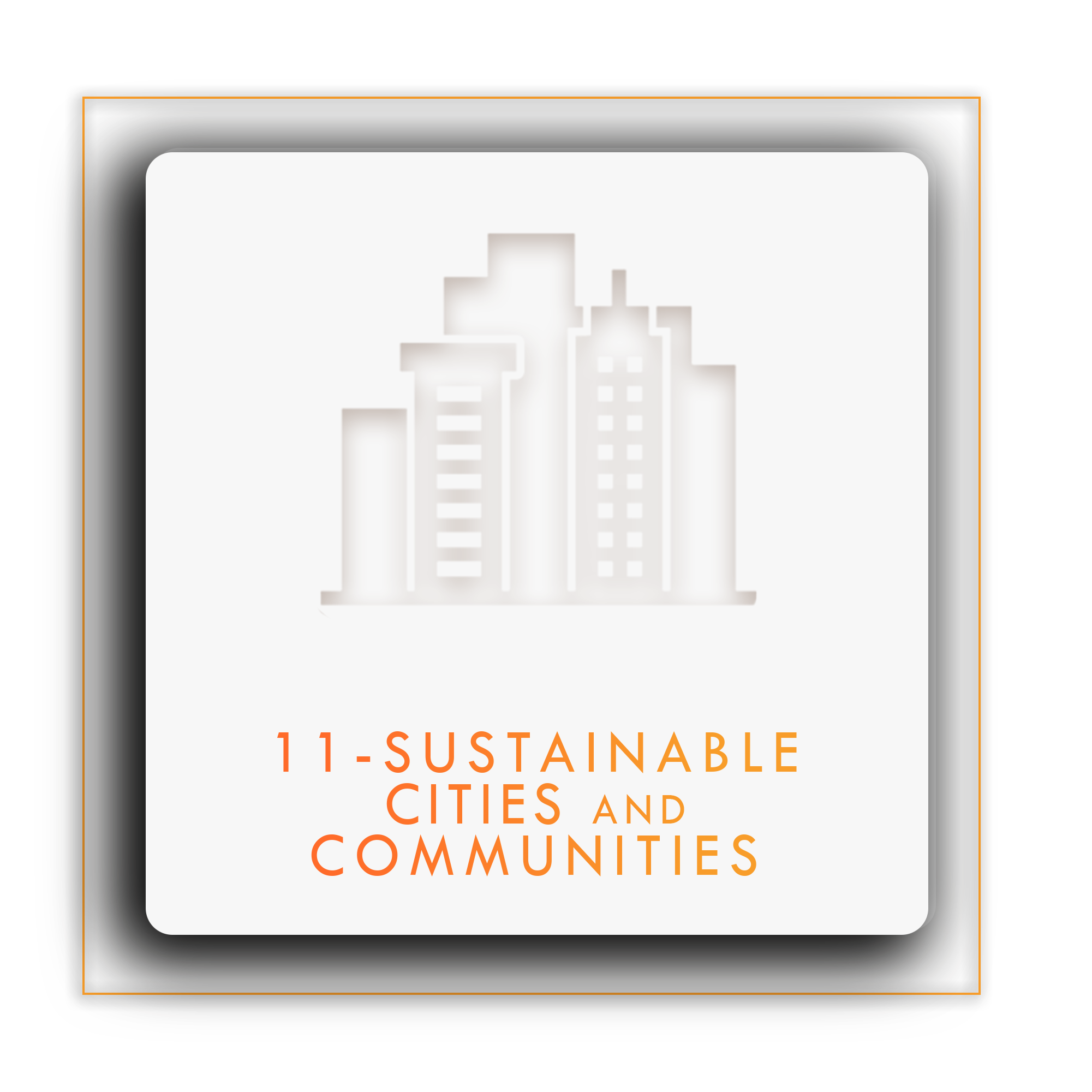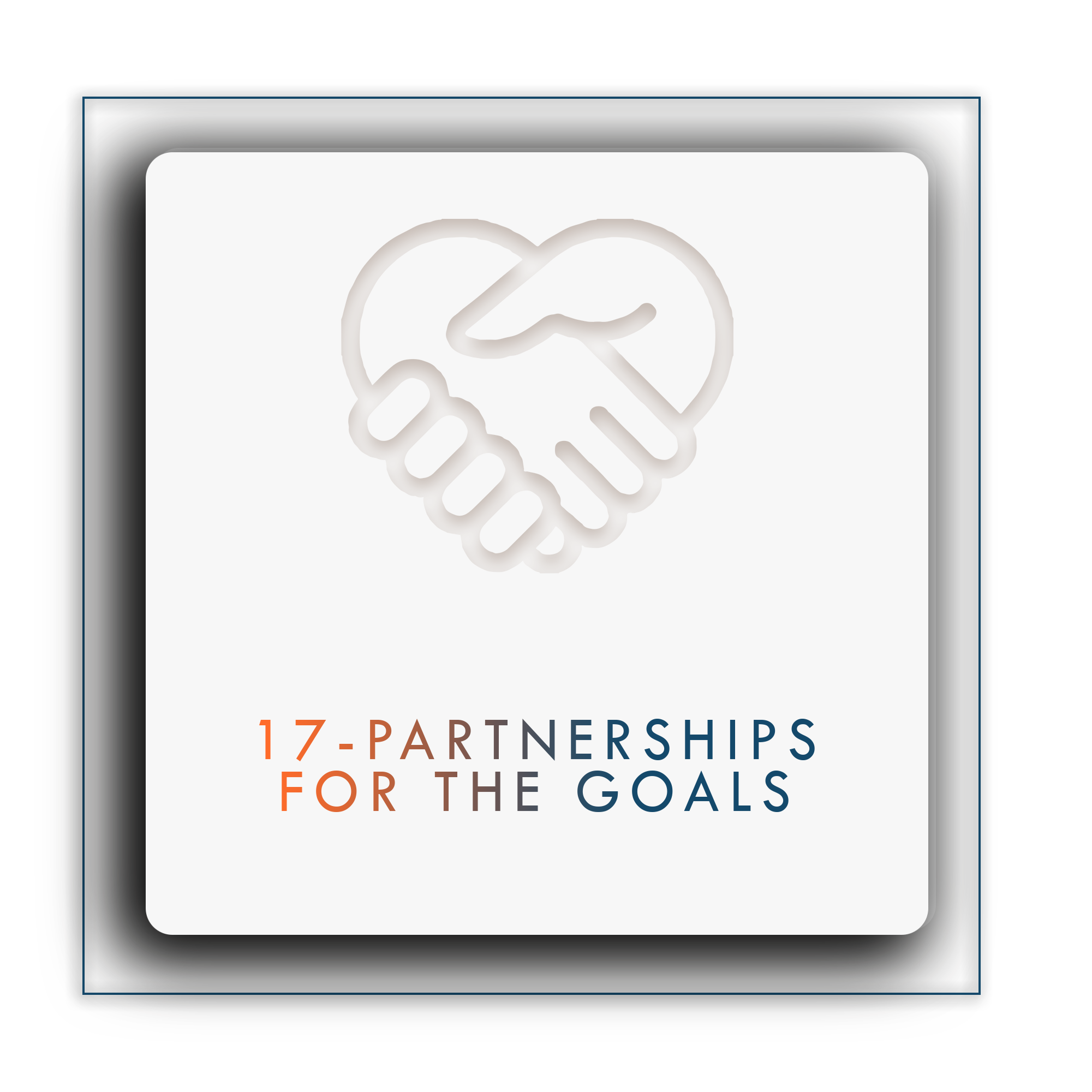RWI Synthetics Congratulates Numina and Kerb, Winners of the 2021 Toyota Mobility Foundations CATCH Challenge
June 30, 2021 - RUNWITHIT Synthetics (RWI) would like to congratulate Numina and Kerb on being selected as the winners of the City Architecture for Tomorrow Challenge (CATCH), launched in February 2020 by the Toyota Mobility Foundation (TMF). This challenge invited 16 teams from around the world for the Proof of Concept, from which six teams, including RWI, advanced to the final Minimum Viable Product Stage. The object was to enhance data-driven solutions to improve city and mobility planning in Kuala Lumpur.
“Through CATCH, TMF strives to unlock human-centric, data-driven innovations toward Toyota’s mission of ‘Producing Happiness for All’ through ‘Creating Mobility for All’ for residents of Kuala Lumpur. Moreover, TMF hopes to utilize the insights gained through this challenge to solve mobility issues in other regions and countries in the future.” (1)
To address TMF’s mission, Numina created the privacy-first computer vision solution to measure multimodal traffic and street behaviours for city infrastructure improvements.
Kerb created a smart parking solution to provide customers with contactless services and maximize parking infrastructure around public transport hubs.
RWI’s submission was part of an unprecedented group of mobility technologies under consideration. Mobility futures require diverse technologies to work together to accomplish a configuration of optimizations. Each one of the other five finalists’ solutions demonstrates an essential role in solving global mobility issues. Follow these companies to see what the future has in store!
For the MVP stage, RWI created “Synthetic KL,” a Single Synthetic Environment that brought all aspects of mobility and sustainability improvements together with the people of KL and their lives and livelihoods. RWI models included all aspects of first and last-mile solutions under consideration, from increases in pedestrian safety and additional bike capacity on trains to rideshare and even shared autonomous buses in neighbourhoods around the city. Calculations and analysis included environmental measurements such as quantifying the GHG emission changes on roadways to surveying the new demographics and satisfaction of train riders. Using RWI’s synthetic modelling catalogue and platform, Synthetic KL mapped how mobility considerations would support Key Performance Indicators in Kuala Lumpur’s ambitious city planning initiative, the “KL 2040 Plan.”
RWI greatly appreciates the tremendous support and encouragement received throughout CATCH from the organizers, TMF, and Deloitte Futures teams, along with teams from the Malaysia Digital Economy Corporation (MDEC) and Kuala Lumpur City Hall (DBKL).
RWI looks forward to continuing our work in mobility, optimizing successful futures by informing the most targeted, effective, and impactful investments in mobility for all.
RUNWITHIT is actively working to contribute to the United Nations Sustainable Development Goals (SDG’s). This project has contributed to the following SDG’s:




